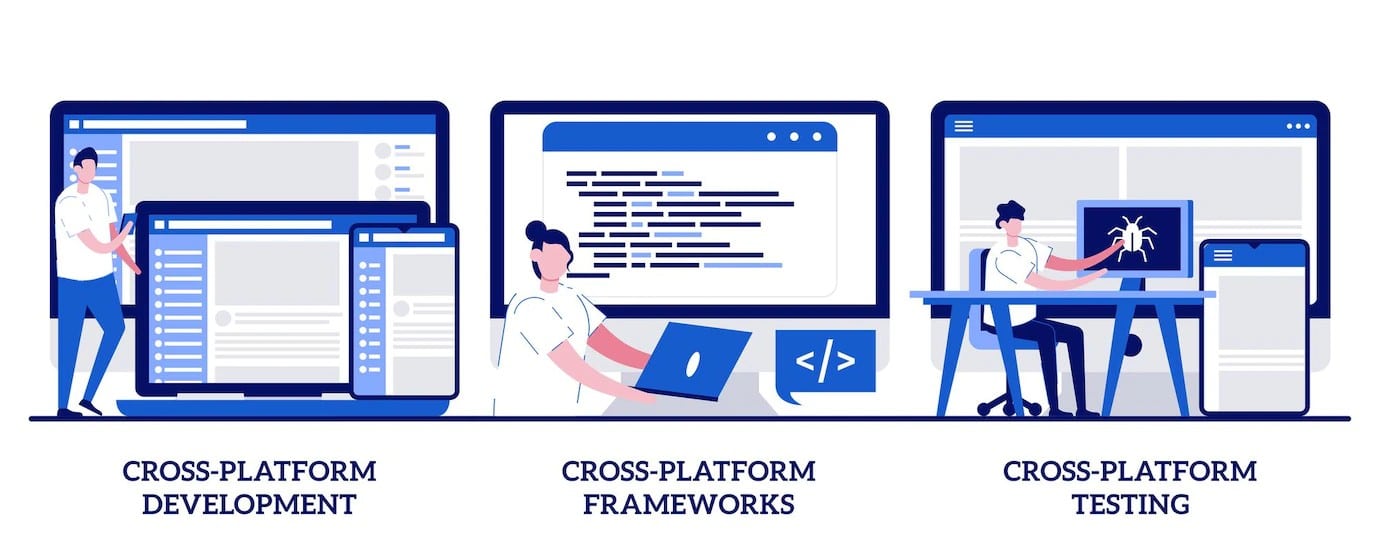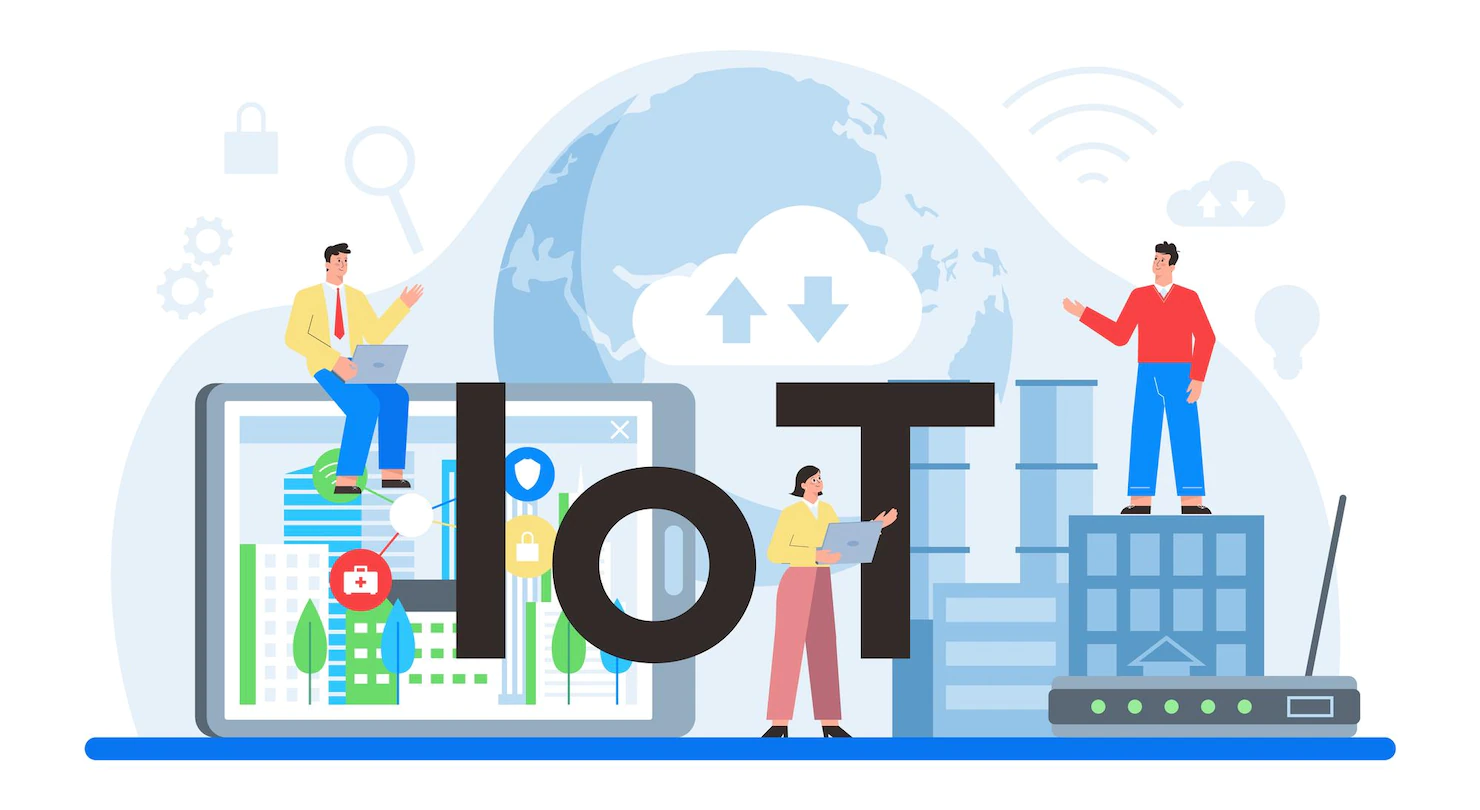Top 10 Innovations in Mobile App Development: Revolutionizing User Experiences and Functionality
Mobile app development has come a long way since the launch of the first iPhone in 2007. Today, there are more than 2.7 billion smartphone users worldwide, and the demand for mobile apps continues to grow. To meet this demand, developers have had to come up with new and innovative ways to create and deliver mobile apps.
Here are the top 10 innovations in mobile app development:

Cloud Integration: Cloud computing has revolutionized the way mobile apps are developed and delivered. With cloud integration, developers can easily store, manage, and retrieve data, and users can access their apps and data from anywhere.



Internet of Things (IoT) integration: IoT is the interconnection of physical devices with the internet. This technology allows mobile apps to interact with and control other devices, such as smart home devices, wearables, and vehicles.

Augmented Reality (AR) and Virtual Reality (VR): AR and VR are becoming increasingly popular for gaming and entertainment, but they are also being used in other industries, such as education, healthcare, and real estate. These technologies offer new and immersive ways for users to interact with their apps.

Progressive Web Apps (PWA): PWAs are web apps that can be accessed through a browser but offer features and functionality similar to native apps. PWAs are a great solution for businesses that want to reach a larger audience without the need for users to download an app from an app store.
Beacon technology: Beacon technology uses Bluetooth Low Energy (BLE) to send push notifications and other information to mobile devices within a specific range. Beacons are being used in a variety of applications, such as retail, museums, and transportation.

App security: With the increasing amount of personal and financial information being shared through Mobile App Development, security has become a major concern. Developers are now using a variety of techniques, such as encryption and secure coding practices, to protect users’ data and prevent hacking.

App analytics: App analytics allow developers to track user behaviour and engagement, and to gain insights into how to improve their apps. With this data, developers can make informed decisions about how to optimize their apps for better user experiences.
In-app purchases and subscription models: In-app purchases and subscription models allow developers to monetize their apps and generate revenue. These models are especially popular for games and other types of apps that require frequent updates or offer additional features.
In conclusion, mobile app development has undergone a lot of changes since the launch of the first iPhone. Today, developers have access to many innovative tools and technologies that make it easier







